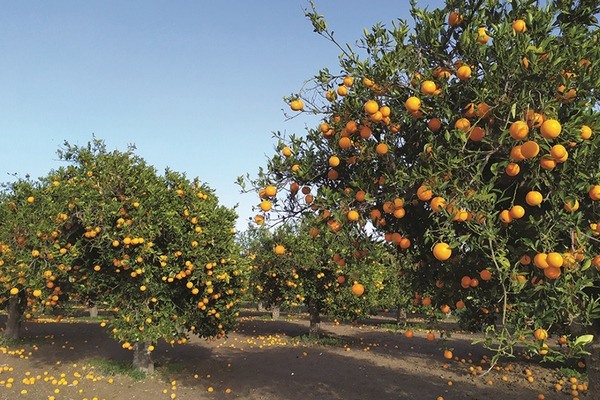The Ministry of Agriculture, Rural Development, and Environment in Cyprus is mobilizing local authorities to safeguard the island's citrus industry from the Asian citrus psyllid, a threat first identified in July 2023. This pest, a carrier of the citrus yellow dragon disease or Huanglongbing (HLB), has raised alarms for its potential impact on agriculture, the economy, the environment, and heritage. Collaborative efforts with U.S. academic researchers have led to a national action plan, though experts call for enhanced resources to emulate California's successful containment strategies. The challenge is compounded by concerns over coordination with Turkish-occupied areas and a history of insufficient responses to plant pests.

Menelaos Stavrinidis, an entomologist at the Cyprus University of Technology, advocates for widespread sample collection akin to COVID-19 testing strategies. The Ministry is seeking greater local authority engagement for early detection and prevention, emphasizing the avoidance of planting host species in urban areas. A national action plan includes chemical and biological controls, such as the introduction of the parasitoid Tamarixia radiata from the U.S., and stringent monitoring to confirm HLB's absence in Cyprus.
Despite these measures, Stavrinidis underscores the need for more resources and a dedicated team for sample analysis and rapid response. The Ministry aims to evaluate and possibly enhance its strategies in 2024, maintaining communication with the Turkish-occupied areas for a unified approach. The European Commission remains informed, offering a potential consultative resource.
The citrus sector, covering approximately 3,000 hectares and a significant export component of Cyprus's economy, faces risks not just from pests but also from increased production costs due to heightened spray use. The Ministry and experts agree on the necessity of a more organized and resourceful approach to protect this vital industry.
Source: KNEWS
